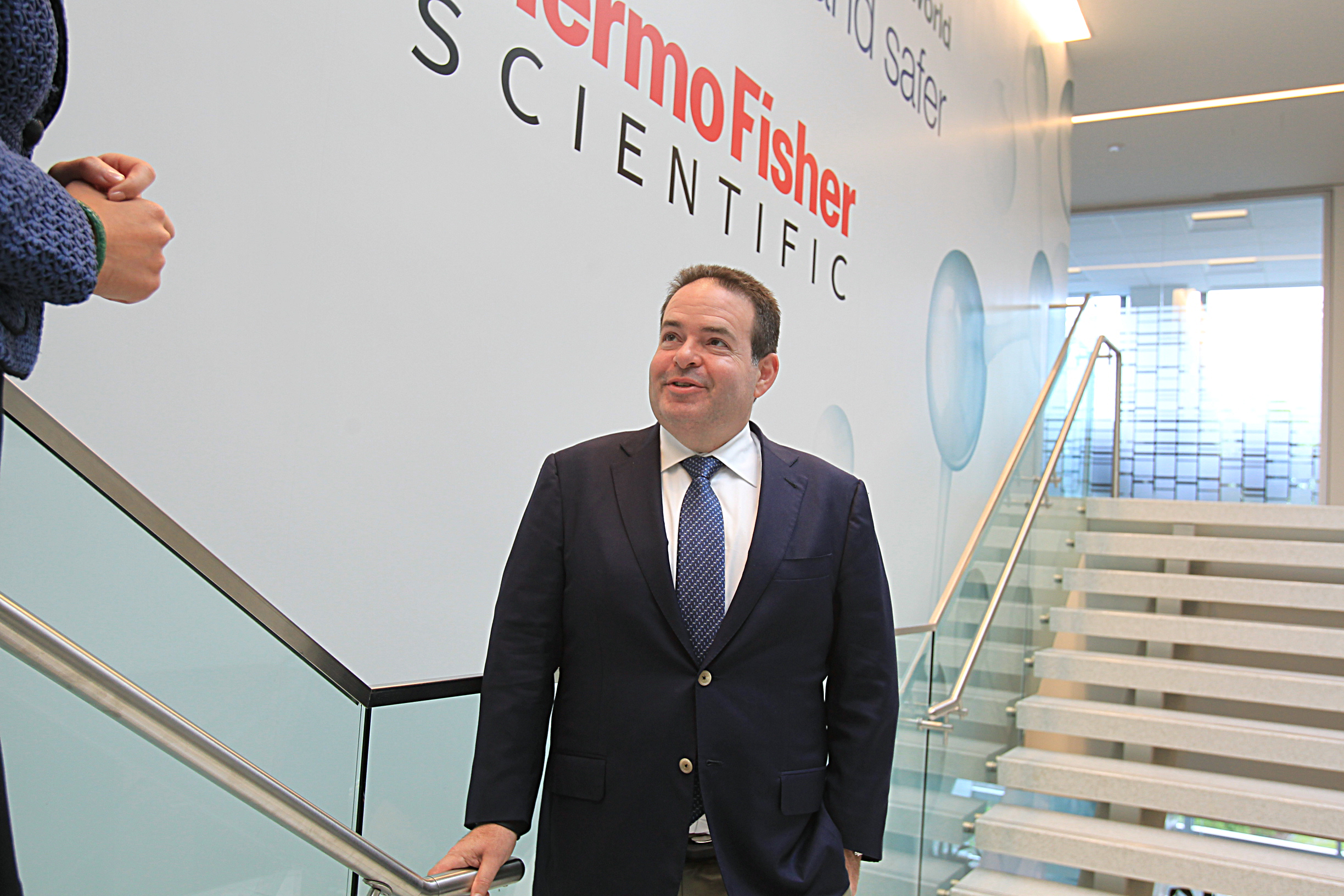
Marc Casper, Thermo Fisher CEO (Suzanne Kreiter/The Boston Globe via Getty Images)
Thermo Fisher wagers on early cancer diagnostics in $2.6B cash deal for multiple myeloma test maker
Always on the lookout for the next thing to buy, Thermo Fisher Scientific has settled on an oncology diagnostic player for its latest acquisition. …
Sign up to read this article for free.
Get free access to a limited number of articles, plus choose newsletters to get straight to your inbox.